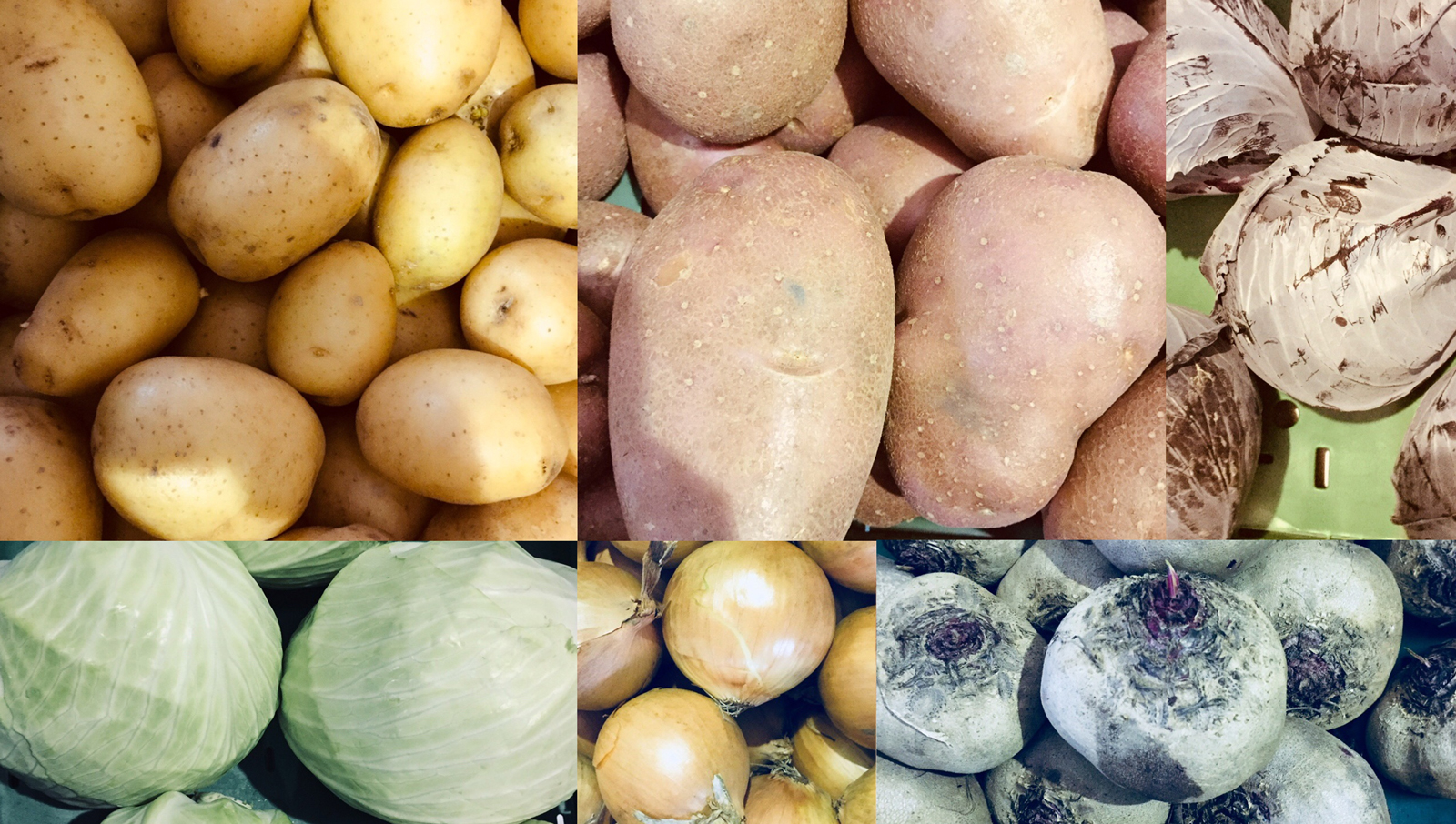
Some research has identified the elements that impact the importance small-scale farmers attach to different marketing channels of short food supply chains. In other words, which farmers choose which markets to seel their produce.
In this research, two entirely different types of markets that are considered are: “conventional” markets, with no restrictions on locality, where the farmer-market relationship is based on binding contracts, and “farmers’ markets” where only local farmers can sell ad hoc, and where they use their their own portable facilities. A survey that was conducted in 2013 among 156 Hungarian market oriented farmers at different types of market. Results confirm that different markets are visited by different types of farmers. As such, there is no one size fits all. Less educated farmers, farmers who operate on smaller scales and farmers who are more committed to their chosen markets via long-term contracts favour conventional markets. Farmers who are more open to cooperation, farmers who have specific investment plans for developing their farms and farmers who are specifically looking to directly interact with their customers to avoid middlemen prefer farmers’ markets. But why is this important? Farmers’ profiles in any given marketing channel must be understood if short food supply chains are to be effectively promoted. Different types of small-scale farmers will benefit from different supporting frameworks, interventions, and initiatives. These should be taken into account in the frame of the ongoing Short Food Supply Chain Thematic Sub-programme in the present European Union financing period. Interested in further details? The article is open access, and can be downloaded here:
Benedek, Z., Fertő, I. & Molnár, A. Agric Hum Values (2018)
35: 383.


